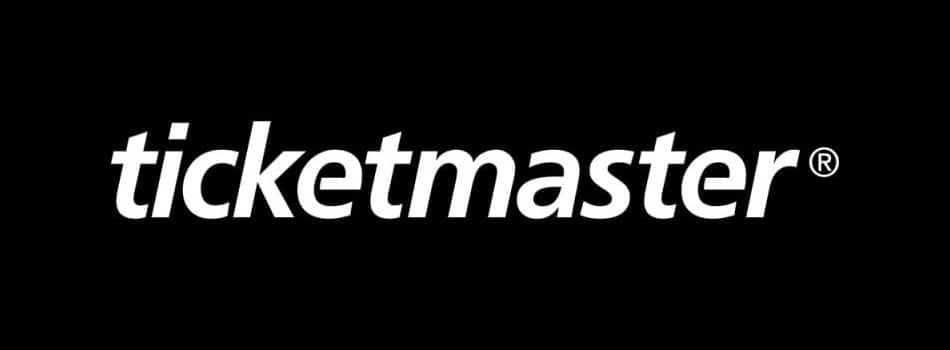A California judge tentatively granted Ticketmaster’s request to arbitrate its ongoing “Scalpergate” class-action lawsuit, which alleges that it violated antitrust and consumer protection laws by helping scalpers re-sell tickets. It’s possible the suit could be resolved in confidential proceedings, leaving the public in the dark.
The ticketing giant has been under fire after the Toronto Star and the CBC published expose reports last year that outlined the ticketing company’s pro-broker programs. The report alleged that Ticketmaster operates in resale and works closely with ticket brokers who use their “Trade Desk” system to manage inventory. While undercover as a scalper at a Ticket Summit trade show, a CBC News reporter recorded a Ticketmaster Resale employee discussing how the secondary operation runs and admitting that they turn a blind eye to scalpers who use fake identities and various Ticketmaster accounts to buy tickets on the primary market.
“If you want to get a good show and the ticket limit is six or eight … you’re not going to make a living on six or eight tickets,” the employee told the undercover reporter.
Several lawsuits emerged against Ticketmaster following the report, including one from a Regina-Saskatchawan-based lawyer who had been working on a lawsuit for months, as well as the Hagens Berman U.S. firm who sought-out consumers who felt affected by Ticketmaster’s policies. Additionally, the Canadian firm Sotos Class Actions announced its actions against Ticketmaster for live events occurring in Canada as far back as September 1, 2013, seeking $250 million in damages on behalf of ticket buyers in that time span.
The CBC published leaked emails where notable band members questioned Ticketmaster president Jared Smith about why the ticketing giant supported scalpers, to which he responded that Trade Desk was “misrepresented by the press” and “neither it nor we facilitate mass purchase of tickets by brokers or anyone else.” In an attempt to do some damage control, Smith released a four-page letter, writing that Ticketmaster “does not have, and has never had, any program or product that helps professional resellers gain an advantage to buy tickets ahead of fans.”
“We would never make anything like that, which would go against the very core of who we are and what we do,” Smith said. “And that’s simply not what TradeDesk is.”
Last month, the Canada Competition Bureau (CCB) found that Trade Desk does not break federal competition legislation and has closed its investigation, urging provinces to enforce consumer protection and unfair business practice legislation. However, the CCB is still continuing its investigation into Ticketmaster and Live Nation’s deceptive prices.
Ticketmaster claims that they can’t be sued by their customers, noting that each customer accepted to binding arbitration agreements in the terms and service whenever they purchase tickets. It’s up to the courts to decide if Ticketmaster’s fine print is a sneaky contract clause to trick its customers, or is actual valid, binding customers to the agreement.




